Christine Curry ’95, sociology, might not get your goat in particular, but she has overseen more than 50 goats, at various points in the life of the Grenada Goat Dairy, which is a sustainable, community-building and educational dairy farm at the Belmont Estate in St. Patrick, Grenada.
The 2017 Schweitzer Award winner talks about her accomplishments almost abstractly – as if she’s narrating the story of someone else having helped found the Grenada Goat Dairy. She’s humble, but don’t discount for a moment that she’s definitely the type of person to sign up for the hard work part of any project.
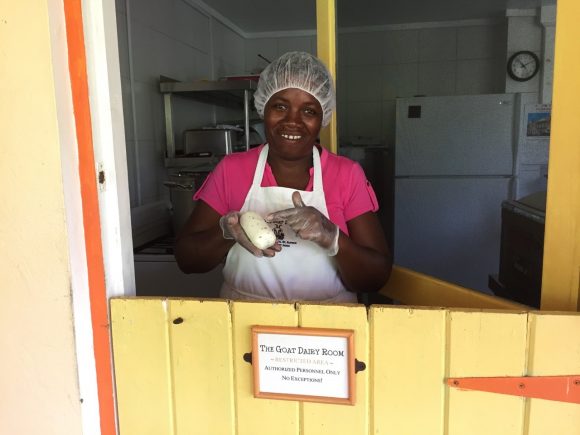
Curry first went to the tropics of Grenada to help establish and research in a marine science and veterinary program in 2003. But in 2004, the category 5 Hurricane Ivan roared in, its 125 mph winds decimating the already rickety infrastructure that struggled to support the tiny Caribbean Island.
“It’s a small developing island and things weren’t so great for many individuals there before the hurricane,” says Curry.
After the hurricane passed, around 90 percent of the homes were damaged. In St. George, the emergency operations center, main prison and many schools were destroyed. The main hospital suffered serious damage. The major money crop, nutmeg, was almost completely wiped out.
Curry wanted to do something, anything, to help the people in her new home get back on their feet. After the hurricane, Curry said, many young people and women had no work to turn to, nothing to apply to support themselves and gain skills.
Curry said she’s always thinking about how a person can make things better wherever they are, no matter their situation or means.
She mulled over the idea of small project farms, looking for something that could be easily incorporated into what is already at hand. And what they had at hand in Grenada was goats.
“It’s really important to be culturally sensitive – you don’t want to push ideas on people that aren’t feasible,” said Curry.
A long-time staple in the lush hills of Grenada, goats can produce milk to make cheeses, and are easy on the environment.
At the goat dairy nothing goes to waste – not even the goat waste. That gets used in local farming. Feed grasses for the goats is grown on-site, milking and cheese production is generated in a specialized facility, and the resulting products are sold and served in markets and restaurants in Grenada.
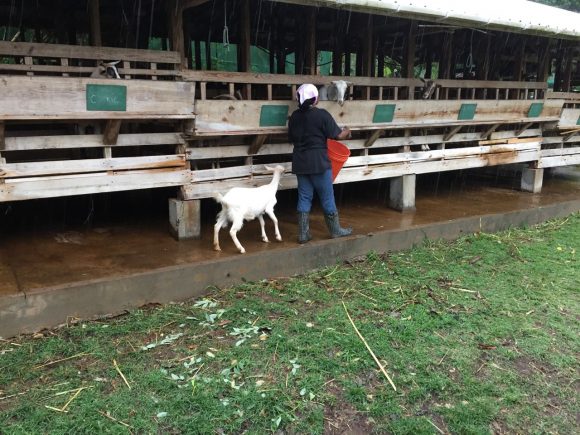
The project’s aim is to bring environmentally-minded, localized farming industry and food sources to low-income families and residents of the island.
The dairy expanded into an education program at a Grenada school were children can gain exposure to the agricultural and environmental work at the dairy and incorporate their lessons into a garden and composting project.
Notably, the Goat Dairy is designed to serve and protect the community. Beyond its cottage business and training economic support, the dairy stable structure itself can shelter hoofed and human inhabitants in winds up to 140 mph.
With everything in place, Curry has recently turned over the day-to-day work of the dairy project to the care of the Belmont Estate. The people left in charge and the community working in the dairy are doing fine, Curry says. The hardest part, getting it to happen, is done. Back in Iowa after a quick jaunt to check-in on things in Grenada, Curry is involved in the expansion side, looking for more and new projects to bloom.
“I’ve had a really interesting journey … it hasn’t always been easy,” says Curry. “I’ve always taken full advantage of making every day count. I’m always trying to find a way to make this place, where ever I am, a better place.”
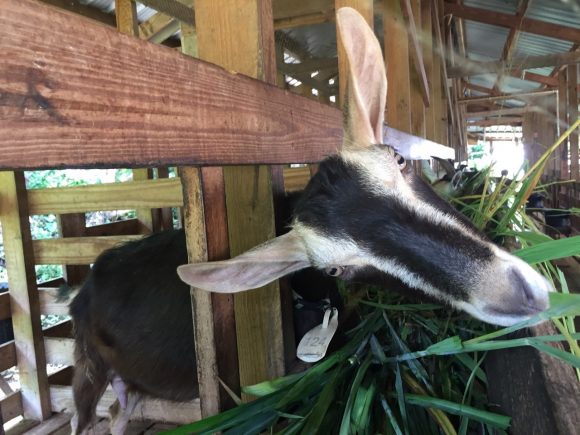
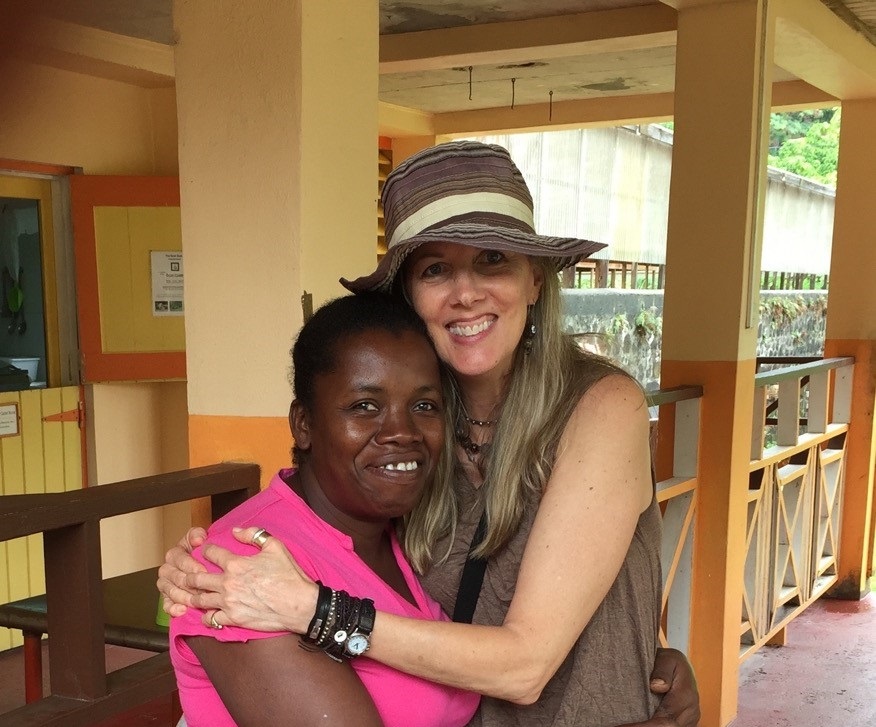
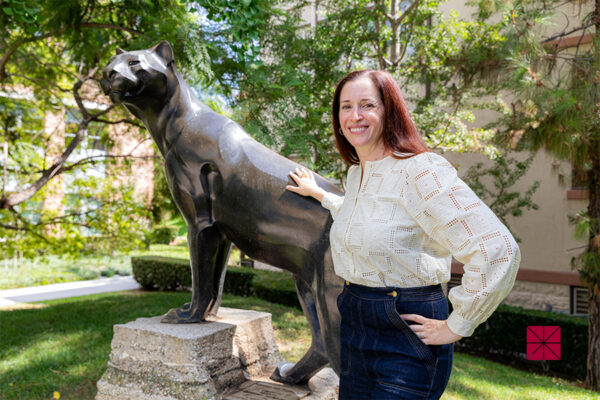

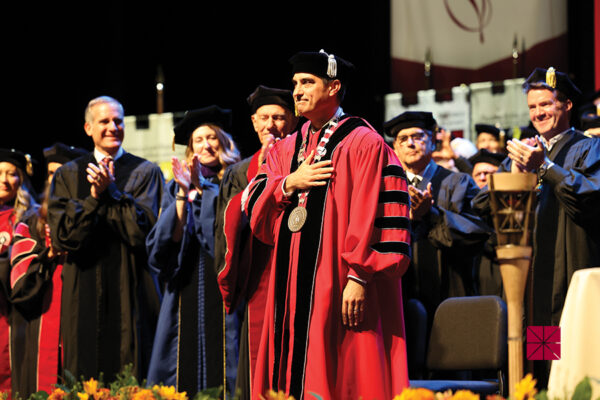

Add comment